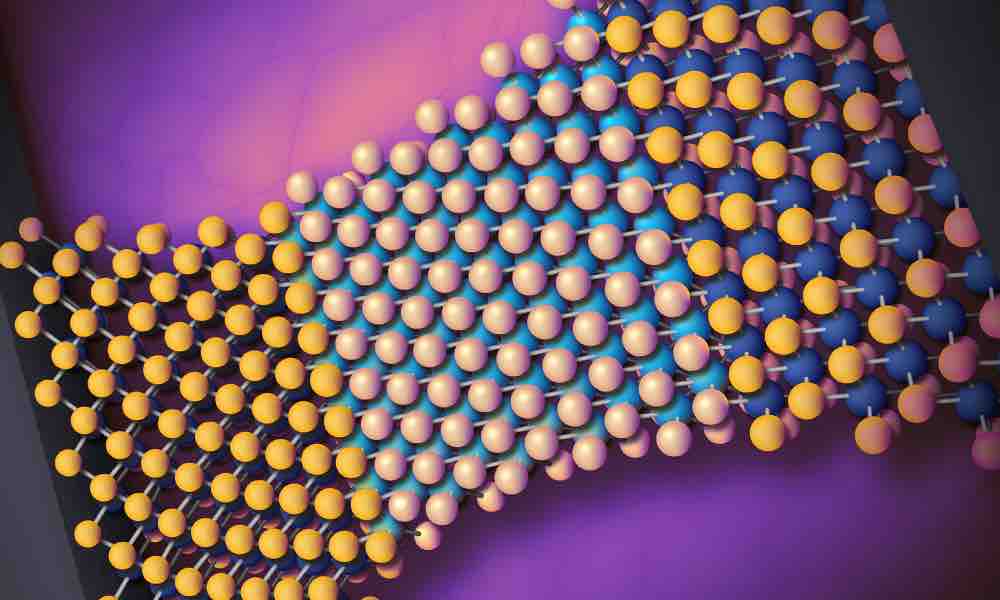
Researchers ‘stretch’ the ability of 2D materials to change technology
Moore’s Law predicts that the number of transistors in an integrated circuit will double every two years. As technology nears the limits of Moore’s Law, Rochester researchers have combined 2D materials with oxide materials in a new way, with new possibilities for computing power.
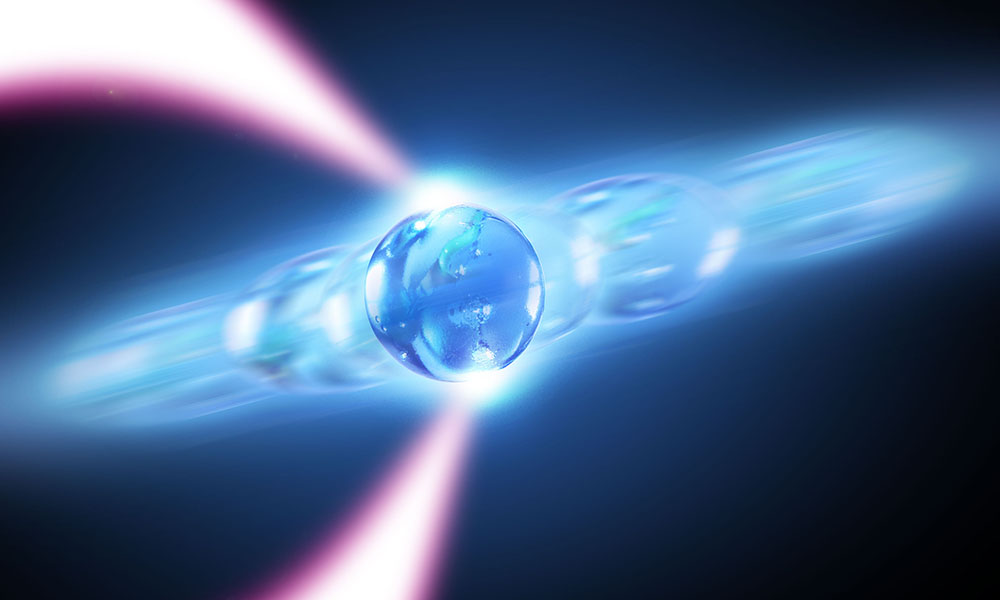
‘Optical tweezer’ takes Nobel concept in a new direction
Rochester researchers are trapping nanoparticle-sized silica beads in an “optical tweezer” in a series of experiments that could shed new light on the fundamental properties of lasers.
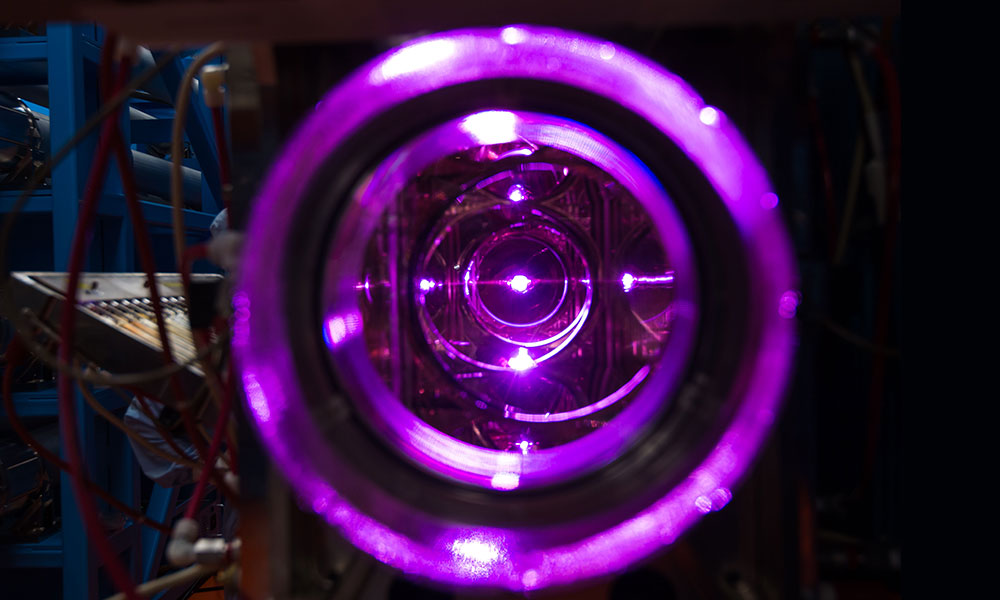
The year of the laser
In addition to their Nobel noteworthiness, Rochester researchers continue to develop new ways to apply lasers in research, medicine, and everyday life in 2018. Because frankly, we’re big on lasers.
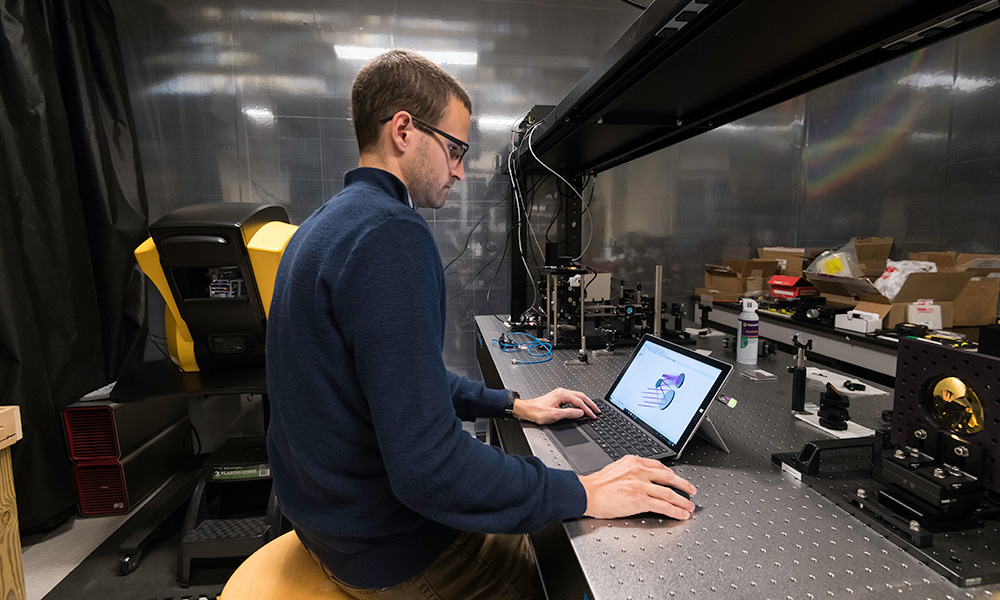
Collaborative ‘back and forth’ drives progress on freeform optics
With a second five years of funding from the National Science Foundation, the Center for Freeform Optics is a collaboration working to develop devices that are lighter, more compact, and more effective than ever before.
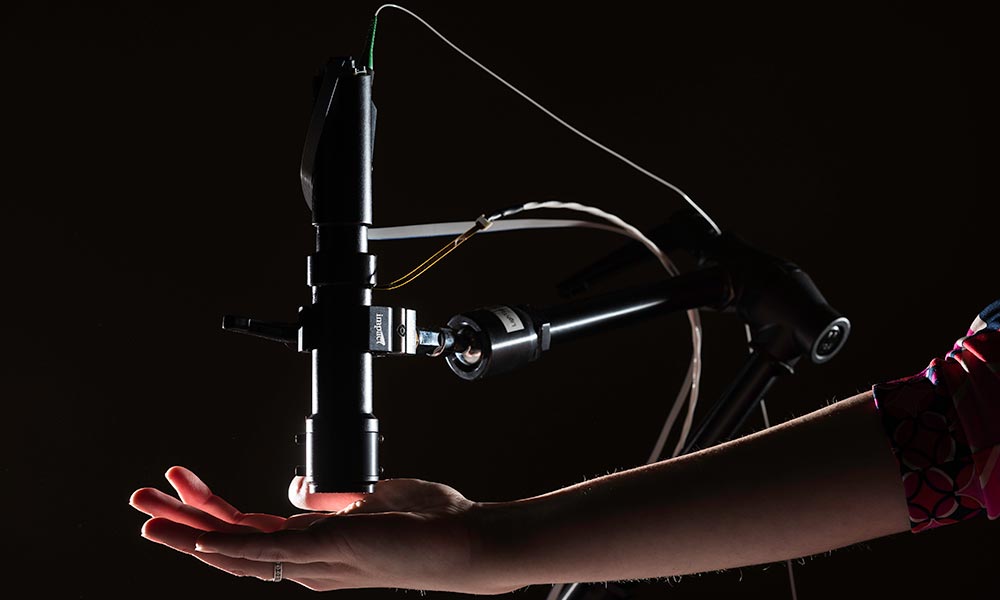
Center of Excellence funds local businesses improving health care
Four grants from the Center of Excellence (CoE) in Data Science are helping companies translate the cutting-edge science of University researchers into improved health care, while also benefiting the region’s economy.
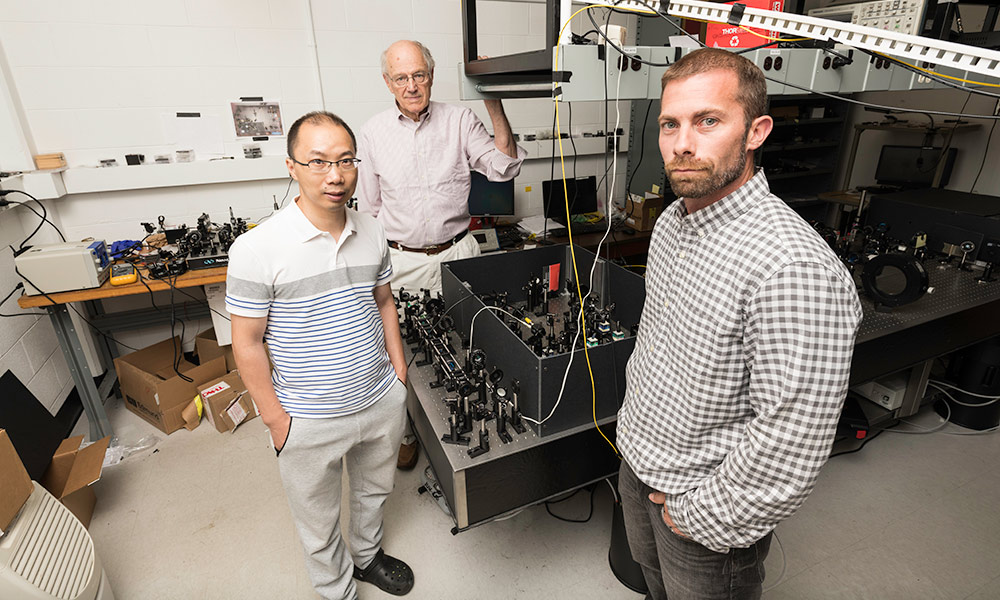
Wave particle duality of light: Resolving quantum ‘weirdness’
For 90 years physicists have known that incompatibly opposite properties are inherent in all elementary particles. Now Rochester researchers say they’ve resolved this weird and inescapable wave-particle duality.
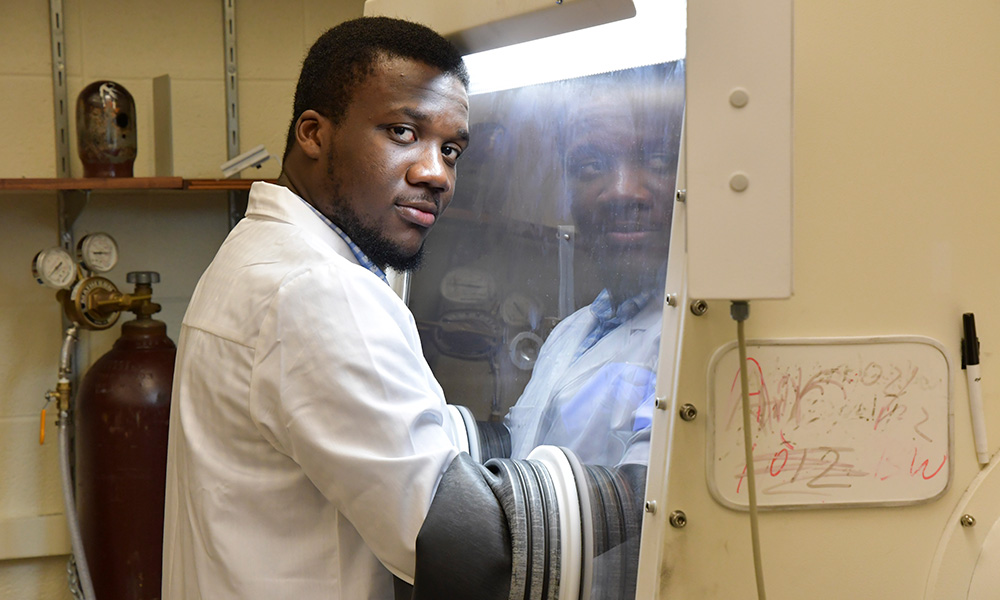
Summer is ‘when it happens’ for research on River Campus
Research at the University of Rochester doesn’t end when most students leave campus for the summer. It thrives. Students from across the globe are on the River Campus this summer, taking part in Research Experiences for Undergraduates (REU) and other research programs with Rochester students and faculty members.
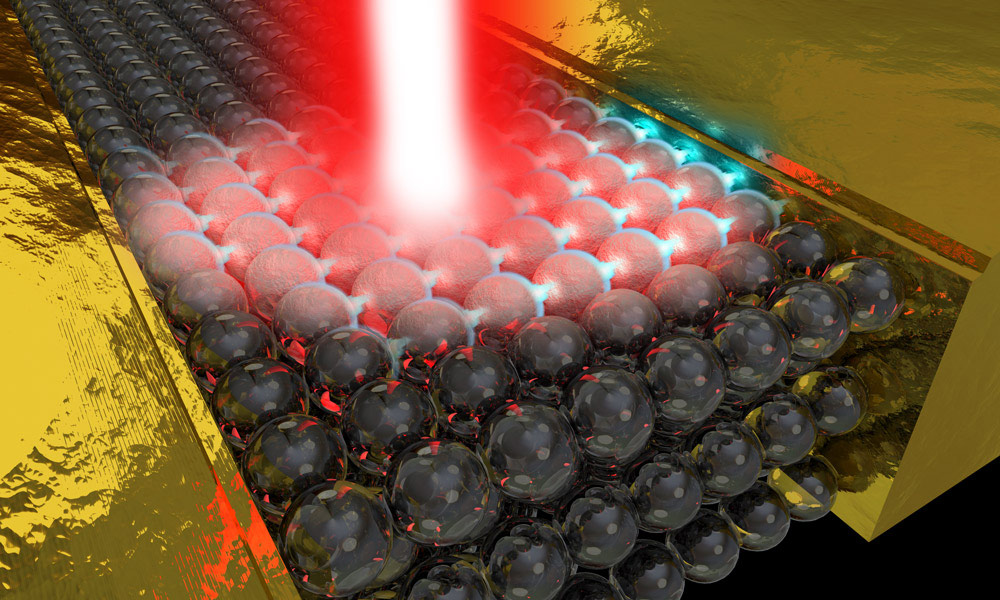
Laser bursts generate electricity faster than any other method
A University researcher who predicted that laser pulses could generate ultrafast electrical currents in theory now believes he can explain exactly how and why actual experiments to create these currents have succeeded.
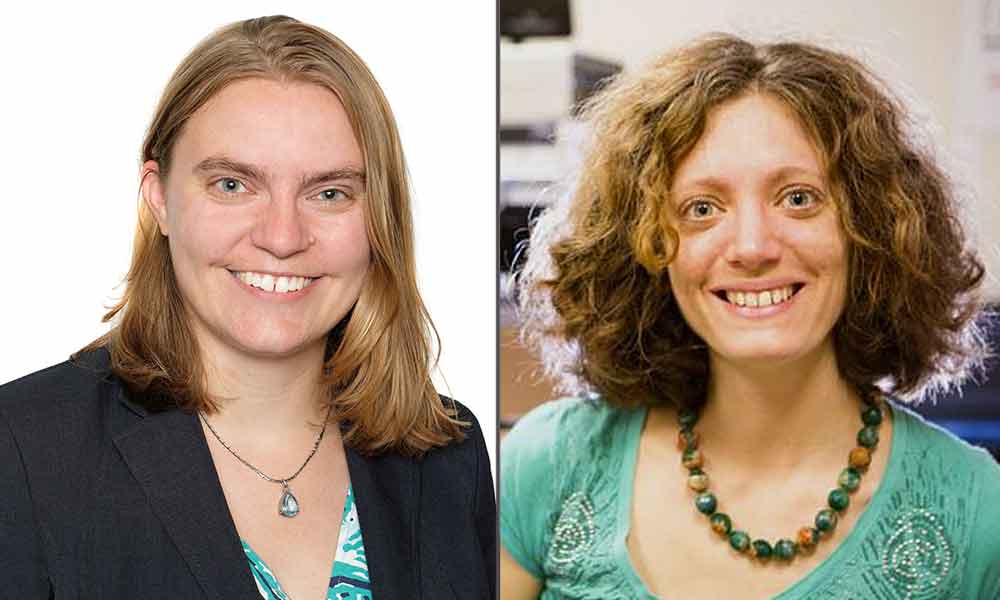
Researchers win Furth Fund awards to support early career scientists
Kathryn Knowles, assistant professor of chemistry, and Martina Poletti, assistant professor of neuroscience, are this year’s recipients of University Furth Fund awards.
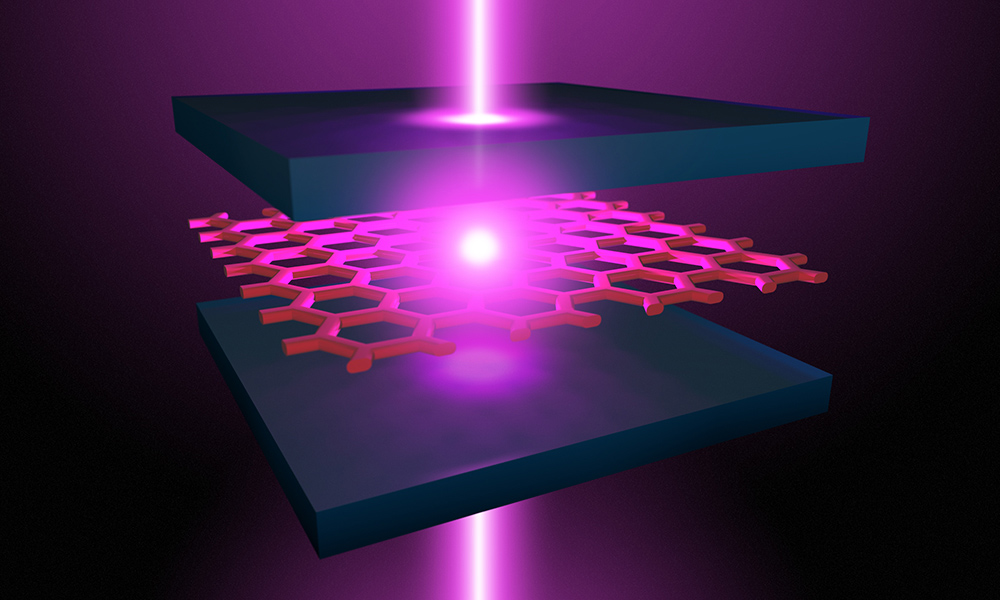
Creating negative mass particles—and a novel way to generate lasers
Rochester researchers have created particles with negative mass in an atomically thin semiconductor, using a device that creates an optical microcavity.
